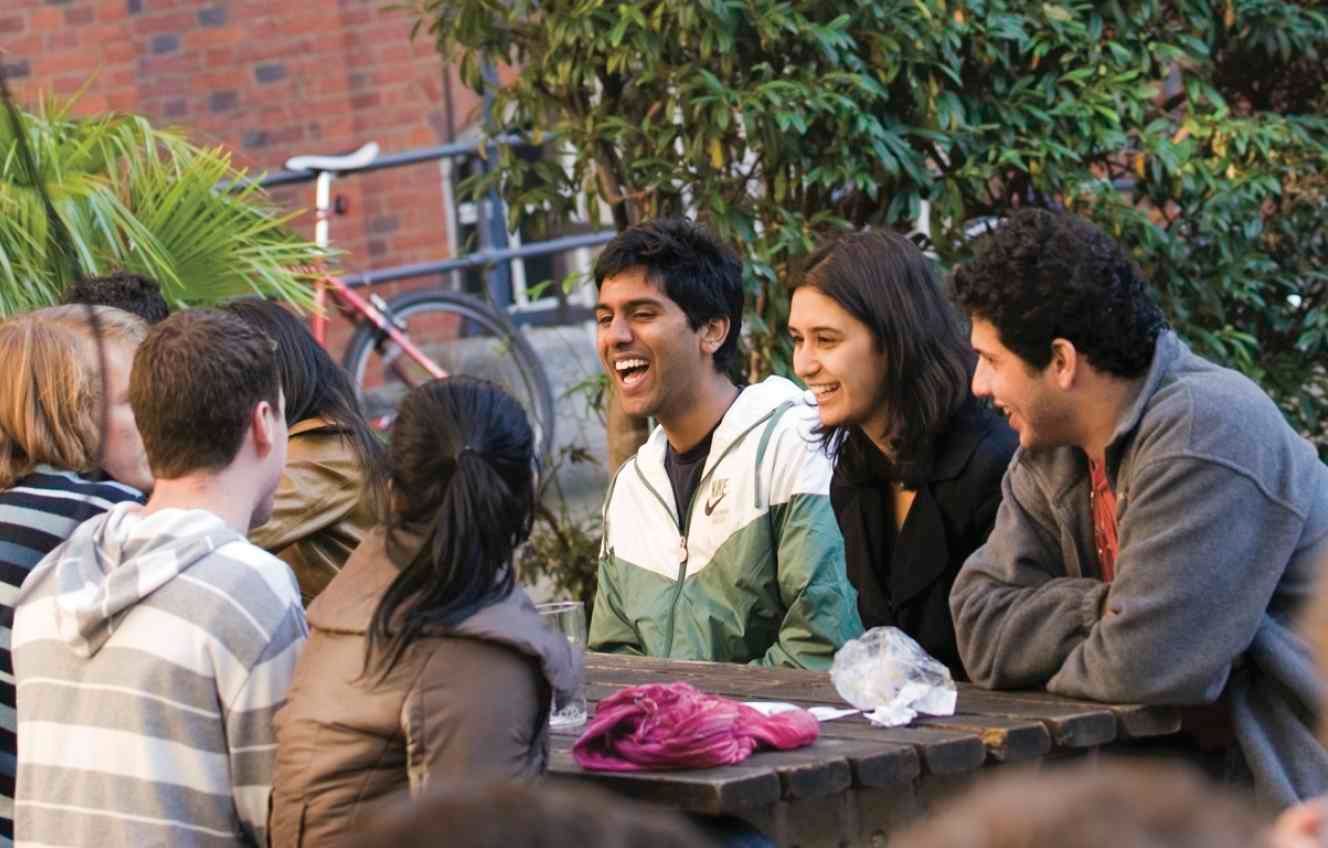Key information
Duration: 1 year full-time
Start date: October 2022
Campus: St Mary's
ECTS: 90 credits
Overview
Genome sequencing technologies have become widespread in nearly all areas of biomedicine. They are routinely used in population genomics, microbiology, epidemiology, clinical diagnostics, and drug discovery.
Despite the relative ease of generating genomic data at scale, there is pressing need for experts in genome data interpretation.
This MSc in Computational Genomics is specifically designed to provide in-depth training in programming, statistics and genome sequence data analysis to graduates with degrees in biological science disciplines. It will provide you with a specialist education in this rapidly developing area and you will be well equipped to progress on to PhD studies or a career in academia or industry.
The six modules cover the basic principles of genetics and genomics, statistical techniques applied to genomics, programming for biological data analysis, and genome data analysis.
You will gain a thorough grounding in the Linux operating system and Python programming language, while R programming will be covered in the context of its application to statistical analysis and data visualisation. This course will also foster transferable skills such as scientific writing, analytical thinking, and presentation of research.
In the latter half of your studies, you will have the unique opportunity to participate in a six-month computational genomics research project in a world class scientific environment, under the supervision of experts in the field.
Structure
This page reflects the latest version of the curriculum for this year of entry. However, this information is subject to change.
Find out more about the limited circumstances in which we may need to make changes to or in relation to our courses, the type of changes we may make and how we will tell you about changes we have made.
Page last reviewed on 25 October 2021.
Core modules
You will take all of the modules below.
Introduction to Genetics and Genomics
Learn fundamental concepts in genetics, genomics and the applications of next generation sequencing technology, building a necessary foundation for the rest of the course.
Python Programming for Bioinformatics
Discover Python, a simple and powerful programming language that is used for a wide range of scientific applications, and explore its practical applications.
Quantitative Biology and Statistics
Study statistics as well as more advanced statistical and quantitative genomics methodologies.
Genome Data Analysis
Explore Next Generation Sequencing (NGS) data analysis, including processing and interpretation of whole genome, whole exome or gene panel datasets, as well as epigenomic data.
Advanced Genome Data Analysis
Build on previous modules and explore systems thinking, required for translational and biological research.
Computational Genomics Research Project
Join a research team to conduct a computational genomics research project and work on a real-world scientific project as a member of a research group under the supervision of experts in the field.
Teaching and assessment
Teaching methods
- Lectures
- Seminars
- Practical demonstrations
- Hands-on sessions
- Individual and group assignments
- Virtual Learning Environment (VLE)
- 6-month research project
Assessment methods
- Assignments
- Data analysis and interpretation exercises
- Journal clubs
- Poster presentations,
- Research grant application writing exercise
- Lay abstract writing
- Peer review exercises
- Group-based learning
- Code writing hackathon
The six-month research project will be assessed through a written thesis and an oral presentation.
Entry requirements
We welcome students from all over the world and consider all applicants on an individual basis.
Admissions
- Minimum academic requirement
- International qualifications
- English language requirement (all applicants)
Tuition fees and funding
The level of tuition fees you pay is based on your fee status, which we assess based on UK government legislation.
Find out more about fees and funding opportunities.
Fees for 2022 entry
Fees information will be updated shortly. Please check back here for more information.
Tuition fees
Further information

Got a question?
Professor Jorge Ferrer
T: +44 (0)20 7594 3340
E: j.ferrer@imperial.ac.uk
Read more about the Department and our research in the Department of Metabolism, Digestion and Reproduction.

Join the conversation
Get a first-hand account of life at Imperial.

Sign up for our newsletter
Considering applying?
Sign up to our newsletter
Studying at Imperial

Living in London
London’s fusion of culture and charm will give you a student experience unlike any other.
- Living in London
- Accommodation options for postgraduates

Student finance
Our tuition fees website has everything you need to know about funding your studies.
- Applying for a loan
- Use our scholarships search tool

International students
Imperial is ranked as the UK's most international university, welcoming students from over 140 countries.
- Get advice on visas and immigration
- Imperial and the EU
Terms and conditions
There are some important pieces of information you should be aware of when applying to universities. We've put together this information in a dedicated section of our website.
Read our terms and conditions for these areas:
- Admissions
- Scholarships and bursaries
- Student Protection Plan
- Tuition fees
- Visas